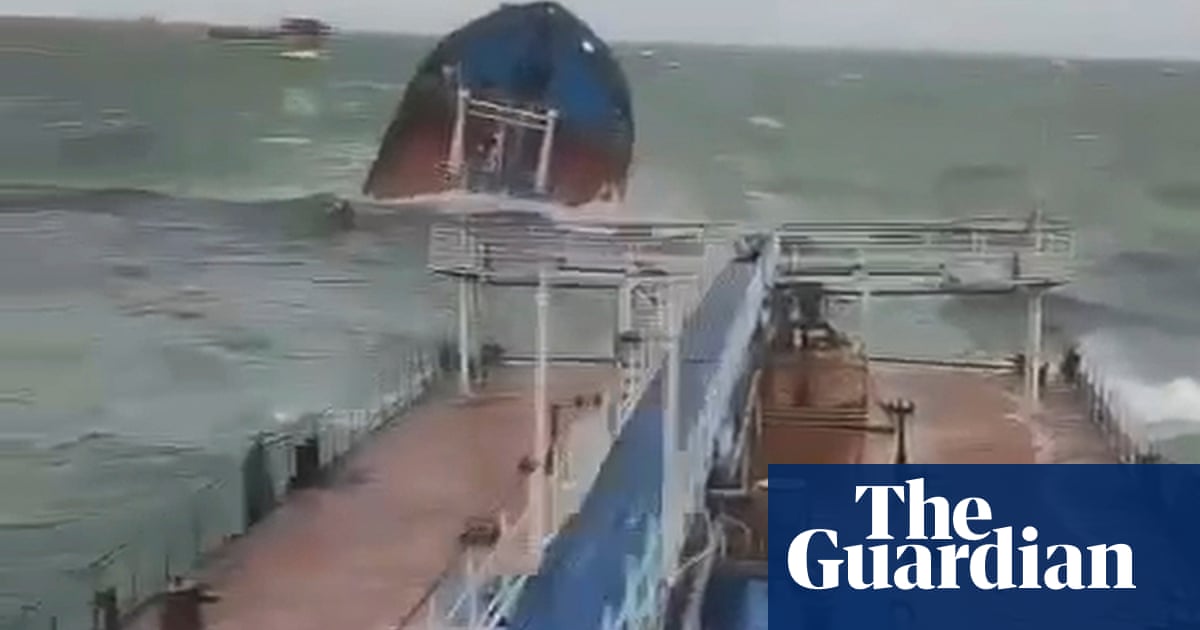Tar balls: NSW says it will ‘throw the book’ at any vessel found responsible for mystery debris that closed beaches | New South Wales

The New South Wales environment minister, Penny Sharpe, has promised to “throw the book” at any vessel found to be responsible for the thousands of “tar balls” that closed Sydney beaches this week.
Bondi, Bronte and Tamarama beaches reopened on Friday after they were closed along with several other eastern suburbs beaches when the mysterious dark spheres were discovered on the sand. The balls were first spotted at Coogee beach on Tuesday afternoon.
Randwick council said on Wednesday evening that preliminary test results had identified the spheres as “tar balls” – which are formed when oil comes into contact with debris and water, usually as a result of oil spills or seepage.
The tests showed the debris was a hydrocarbon-based pollutant – the chief component of petroleum-based products.
Sharpe said on Friday that government agencies were yet to determine the source of the tar balls but she suggested they had come from an offshore oil spill that wasn’t reported to authorities.
“I’m very worried about the fact that we’ve had our beautiful beaches polluted by something [and] we still don’t know where it’s come from,” the minister said.
Sharpe said investigators were trying to identify who was responsible. “I would hope that we can do that and I would also hope that, if we can, we will throw the book at those … involved,” she said.
Coogee, Clovelly, Gordons Bay and north Maroubra beaches remained closed on Friday.
Council employees on jetskis spotted a suspected oil slick out at sea on Wednesday morning, the Randwick council mayor, Dylan Parker, said at the time.
after newsletter promotion
However, the Port Authority of NSW said no oil spills had been reported by vessels.
The EPA said balls had also been observed at Congwong, Frenchmans, Little Bay and Malabar beaches.
“At this stage, the origin and contents of the balls remains a mystery,” the watchdog said on Thursday.
“But the EPA is conducting extensive testing on a number of samples. While we understand initial Randwick city council testing suggests the presence of hydrocarbon, at this stage EPA tests cannot confirm the contents.”
One expert earlier this week suggested the tar balls could have been caused by a ship illegally letting go of a bilge tank.
Source link




